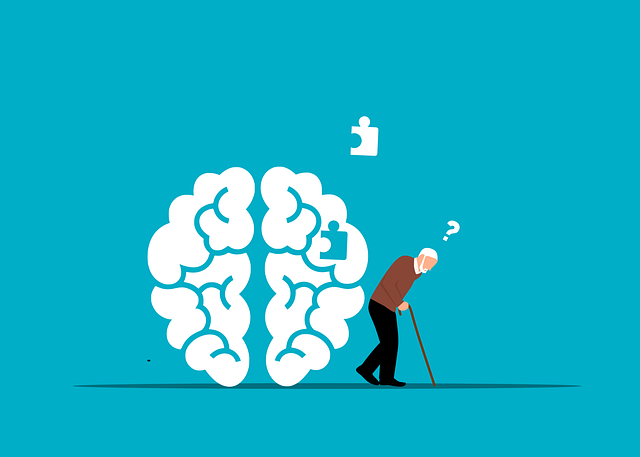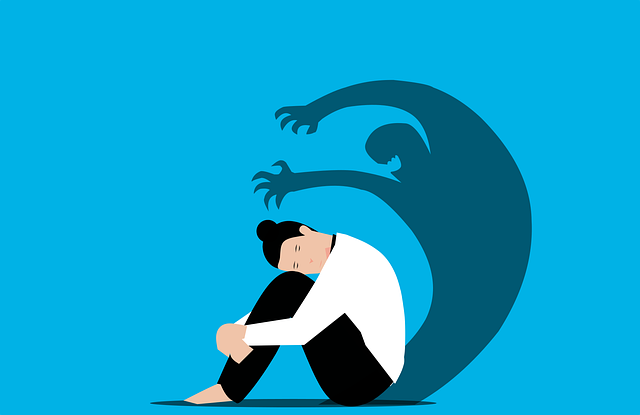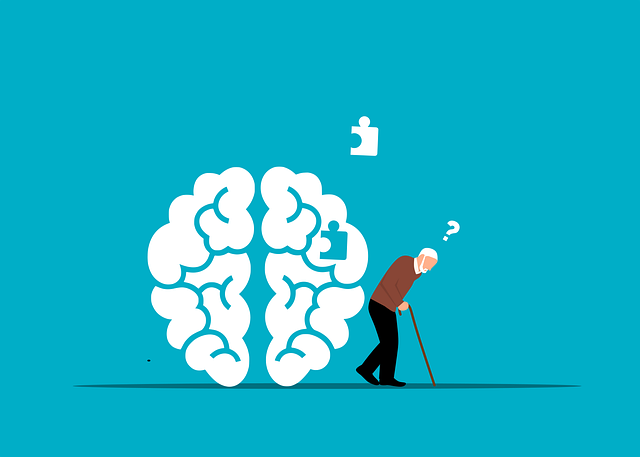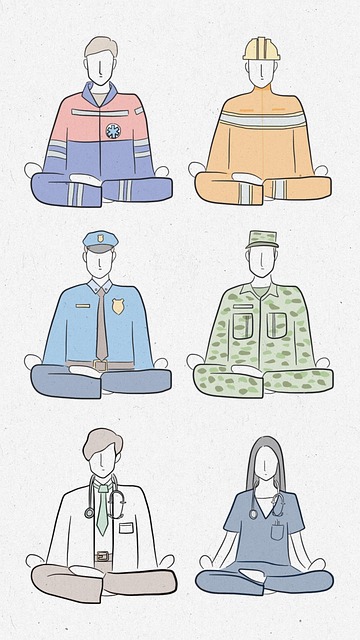Mindfulness meditation, a key practice within Littleton Dialectical Behavioral Therapy (DBT), goes beyond relaxation by teaching present-moment awareness and non-judgmental acceptance. It empowers individuals to observe thoughts and emotions without getting overwhelmed, benefiting burnout prevention and challenging life situations. Through dedicated meditation spaces and routines, mindfulness improves mental well-being, emotional regulation, and interpersonal skills, helping to manage stress, anxiety, and depression while cultivating a more compassionate society. Professional guidance, like DBT, ensures mindfulness becomes an ingrained habit for long-term mental balance and resilience.
“Unwind your mind and embrace tranquility with our comprehensive guide to mindfulness meditation, a cornerstone of Littleton Dialectical Behavioral Therapy (DBT). This practice isn’t just about stillness; it’s a powerful tool for enhancing mental well-being. From understanding the basics to creating a dedicated space, this article explores techniques and offers practical tips for incorporating mindfulness into your daily routine. Discover how regular practice can lead to lasting habits and a more balanced life.”
- Understanding Mindfulness Meditation: A Foundation for DBT
- The Benefits of Regular Practice: Enhancing Mental Well-being
- Setting Up Your Meditation Space: Creating a Peaceful Environment
- Techniques and Exercises: Navigating Different Mindfulness Approaches
- Incorporating Mindfulness into Daily Life: Sustaining Long-term Habits
Understanding Mindfulness Meditation: A Foundation for DBT

Mindfulness meditation is a practice that forms the cornerstone of Dialectical Behavioral Therapy (DBT), as developed by Dr. Marsha Linehan. It’s more than just a relaxation technique; it’s a way to cultivate present-moment awareness and non-judgmental acceptance. By focusing on the breath, bodily sensations, or specific objects in the environment, individuals learn to observe their thoughts and emotions without getting caught up in them, thereby reducing reactivity and increasing emotional regulation skills.
This practice is particularly valuable for those seeking burnout prevention and navigating challenging life situations. The Mind Over Matter principles of DBT encourage individuals to actively engage with their mental health policy analysis and advocacy, empowering them to make conscious choices that promote well-being. In the context of Littleton Dialectical Behavioral Therapy, mindfulness meditation serves as a foundational tool, helping clients develop resilience and enhance overall mental health and quality of life.
The Benefits of Regular Practice: Enhancing Mental Well-being

Regular mindfulness meditation practice offers a plethora of benefits for enhancing mental well-being, as supported by various studies in the field of Littleton Dialectical Behavioral Therapy (DBT). This ancient technique has gained immense popularity due to its ability to foster emotional regulation and reduce stress. By integrating mindfulness into daily routines, individuals can cultivate a deeper sense of self-awareness, leading to improved coping mechanisms and enhanced overall mental health.
The benefits extend beyond the individual, as increased cultural competency among healthcare providers, trauma support services, and mental health policy analysis and advocacy can be positively influenced by widespread mindfulness adoption. This practice promotes a more compassionate and understanding society, where people are equipped to navigate life’s challenges with greater resilience, ultimately contributing to better mental health outcomes for all.
Setting Up Your Meditation Space: Creating a Peaceful Environment

Setting up a dedicated meditation space is a powerful step toward cultivating mindfulness and emotional regulation, core components of Littleton Dialectical Behavioral Therapy (DBT). Create an environment that feels peaceful and calming, free from distractions. Soft lighting, warm colors, and comfortable seating are key elements in crafting your sanctuary. Incorporate natural elements like plants or subtle scents to enhance relaxation.
This mindful space serves as a retreat where you can focus on your breath, observe your thoughts without judgment, and develop a deeper connection with yourself. It’s not just about the physical setup; it’s also about creating a routine that signals to your mind and body that it’s time to pause, breathe, and tend to your mental wellness, much like crafting an episode of your favorite Mental Wellness Podcast Series Production.
Techniques and Exercises: Navigating Different Mindfulness Approaches

Mindfulness meditation comes in various forms, each offering unique benefits tailored to individual needs. One popular approach is the Littleton Dialectical Behavioral Therapy (DBT), which focuses on cultivating present-moment awareness while regulating emotions and improving interpersonal effectiveness. This therapy incorporates mindfulness techniques into daily life, helping individuals navigate challenges with greater equanimity.
The practice may involve guided meditations, body scans, or mindful breathing exercises designed to enhance self-awareness. For instance, a Healthcare Provider Cultural Competency Training might emphasize the importance of non-judgmental observation during meditation, reflecting the core principles of reducing stigma associated with mental illness and fostering better patient care. Incorporating mindfulness into a Self-Care Routine Development for Better Mental Health can significantly contribute to managing stress, anxiety, and even depression.
Incorporating Mindfulness into Daily Life: Sustaining Long-term Habits

Incorporating mindfulness into daily life is a key aspect of sustaining long-term meditation habits, especially when guided by professional practices like Littleton Dialectical Behavioral Therapy (DBT). Beyond brief moments of calm, DBT encourages individuals to cultivate a mindful awareness that permeates their everyday experiences. This involves paying close attention to the present moment without judgment, a skill that enhances emotional intelligence and emotional regulation. By integrating mindfulness into routines, from morning walks to evening meals, individuals can ensure that these practices become ingrained habits rather than sporadic exercises.
Over time, consistent mindfulness practice contributes to improved mental wellness coaching programs development. It enables better stress management, increased focus, and enhanced overall emotional well-being. Moreover, it fosters a deeper understanding of one’s thoughts and feelings, allowing for more effective navigation through life’s challenges. Whether engaging in simple breathing exercises or actively observing sensory experiences, these daily mindfulness rituals, guided by DBT principles, support individuals in achieving lasting mental balance and resilience.
Mindfulness meditation, as supported by Littleton Dialectical Behavioral Therapy (DBT), offers a transformative path towards enhanced mental well-being. By understanding its fundamentals, utilizing suitable techniques, and integrating it into daily routines, individuals can cultivate a deeper sense of calm and resilience. This article has provided practical guidance on setting up a dedicated meditation space, exploring various approaches, and sustaining mindfulness habits over time. Embracing these practices can lead to profound personal growth and improved overall well-being.














